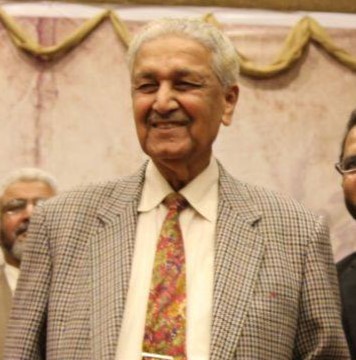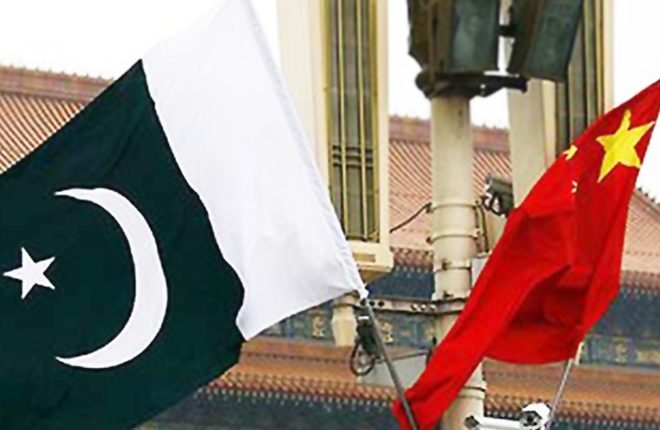China signed the Nuclear Non-Proliferation Treaty (NPT) in 1992; an international treaty aimed at discouraging the proliferation of nuclear technology and making of nuclear arms and dealing in technology transfer to non member-states, but in the decades since has remained involved in a clandestine manner in illegal proliferation.
Beijing has always deemed the USA and India as impediments on its way to achieving the status of super power, so instead of confronting both nations directly it has propped-up two other countries to keep both the US, and India engaged, and distracted, and at the same time reducing the focus on China proper.
These two nations are North Korea and our own neighbor Pakistan.
North Korea and China have the same governing structure under Kim Jung-Un and XI Jinping making them natural allies of a sort.
They have signed a Mutual Aid and Cooperation Treaty, and now we see North Korea often threatening South Korea and the USA by way of its nuclear ambitions.
Another interesting ally of China is Pakistan.
A country which came into being in the name of Islam out of a formerly United India in 1947, although China at the time shared no boarders with Pakistan, Islamabad gifted China the regions of Gilgit and Baltistan in occupied Kashmir territory to guarantee they would be neighbors.
But both nations are diametrically opposite; Pakistan is an Islamic Republic, and China is a nation opposed to any form of religion holding power.
After its comprehensive defeat in the 1971 war with India, Pakistan’s prime minister at the time, Zulfikar Ali Bhutto, publicly announced that his nation was ready to eat grass, but (that it) would (also) produce a nuclear weapon.
China duly stepped forward to guarantee the nation would keep on eating grass for years, but crucially provided Pakistan with access to nuclear technology.

Dr. Abdul Qadeer Khan, a Pakistani metallurgist was working in a subsidiary company of URENCO in the Netherlands in the early 70s, but in 1974, when India conducted its own nuclear testing Khan secretly contacted the Pakistan Embassy in The Hague to volunteer his services in developing a nuclear weapon for Pakistan.
At that time URENCO was working to provide nuclear fuel to power Holland, and Mr. Khan was assigned to translate centrifuge technology papers from German into Dutch.
When doing so he started recording information regarding uranium enrichment, and in September 1974, flew back to Islamabad to meet Pakistan’s prime minister.
His actions were so rapid, that by the time URANCO officials began to suspect him of acting improperly, he had escaped with all the necessary designs and information to process weapons grade uranium.
Pakistan subsequently established an independent research laboratory in his name – the Khan Research Laboratory – allowing him to officially travel to China after which he entered the lucrative nuclear technology market.
His name, and fame, spread in his homeland, and also across the Middle East.
In 1982, he was approached by an unnamed Arab country to help them acquire nuclear technology.
Years of dealings in the nuclear ambitions of nations around the world followed, but all with the indirect backing of China who it is believed provided his contacts with the required equipment necessary to complete his by now numerous projects.
China meanwhile was developing its own niche in Pakistan’s nuclear program by secretly exporting materials and equipment prohibited under the under NPT and in time brokering a deal between Pakistan and North Korea to exchange technology both had acquired.
Intelligence agencies in a number of European countries and at the CIA had by now taken an interest in Dr. Khan, with Libya eventually providing the documentary evidence to international inspection agencies showing the clear links between Dr.Khan and China; one the initiator, the other the provider.
Eventually hounded by Pakistan’s General Mushraff, the nation’s 10th president, Khan found himself made a scapegoat to satisfy international audiences interested in the violations of the NPT, as the role of the government of China in the whole saga was hidden.
As such, it is not the right time to ask China to explain its role in global efforts at nuclear non-proliferation, but we must be wary of the past.










